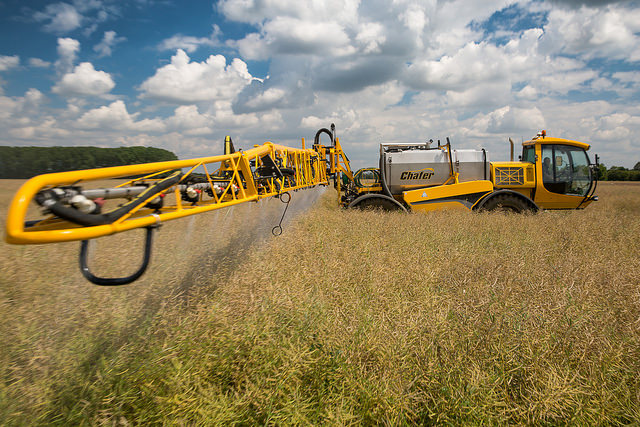Herbicide vs Insecticide
Herbicides and insecticides are both types of pesticides used to eliminate unwanted plants, weeds, and insects. They are commonly used in agricultural farms to protect crops from plants and animals that pose a threat to them. Knowing the difference between insecticides and herbicides is essential as they target different pests.
What is Herbicide?
Herbicides, also known as weedkillers, are a type of pesticide that targets plants. They are used by farmers to destroy unwanted vegetation and come in two types. The first type is used in industrial areas, railway embankments, railways, and waste grounds to rid these areas completely of plants. The second type is used in farms and is known as selective herbicides since it only kills unwanted weeds and plants. These herbicides often mimic natural plant hormones, interfering with weed growth and preventing them from growing or spreading. Organic herbicides are also available.
What is Insecticide?
Insecticides are substances primarily used to kill insects. They play a crucial role in agriculture, as farmers use them to eliminate insects living in and feeding on their crops, thus increasing agricultural production. Some insecticides target the insects’ eggs, while others focus on the insects themselves. Insecticides that target eggs and larvae are called ovicides and larvicides. Many insecticides are toxic to humans, and all of them significantly alter ecosystems. However, insecticides have contributed to the increased agricultural productivity of the twentieth century.
Key Takeaways
- Herbicides are used to eliminate unwanted plants, while insecticides target insects.
- Insecticides are often found in households for pest control, while herbicides are not typically used in homes.
- Herbicides are commonly known as weedkillers and can be selective or non-selective in targeting specific plant groups.
